To the extent Joe Biden had anything to say about Saudi Arabia during the 2020 presidential campaign, it largely centered on shaming the oil-rich monarchy into changing its ways. Coming off the 2018 state-sponsored murder of Washington Post columnist and former royal court insider Jamal Khashoggi in a Turkish consulate, Biden aired numerous complaints about Saudi crown prince Mohammed bin Salman. He pledged to make the kingdom a pariah state during a Democratic presidential debate, accused the Saudi air force of killing children in Yemen — it wasn’t as much an accusation as a fact — and committed himself to reassessing US arms sales to Riyadh.
The Saudis didn’t like what they saw during the Biden administration’s opening months. During his first foreign policy speech in February 2021, Biden issued a unilateral ban on exporting US offensive weapons to Saudi Arabia, both to penalize indiscriminate Saudi airstrikes on targets in Yemen and to push Riyadh into ceasefire talks with the Houthis. Sales packages that were already in the works, like a $760 million deal that would send about 10,000 air-to-ground bombs to Riyadh, were put on ice. How much of an impact Biden’s policy correction had on ending the years-long war in Yemen is difficult to say, but it’s likely no coincidence the pressure on Washington’s part helped cement an April 2022 ceasefire between Saudi-backed Yemeni government and the Houthis (that ceasefire is still in effect, even if the terms have technically expired).
What a difference a few years makes.
Fast-forward to this week and Biden looks less like a Saudi hawk and more like an establishmentarian figure who is trying to bribe the royal family into playing nice with American policies and prerogatives. The Wall Street Journal reports that Washington has lifted the moratorium on offensive weapons to Riyadh, which means hundreds of millions of dollars’ worth of munitions previously held up will now be delivered over the coming months. American officials have described this about-face as a reasonable shift in policy given the changing circumstances. “We also always made clear that the freeze on certain classes of weapons was conditional, and it was based on Saudi Arabia’s policy towards Yemen and efforts to improve civilian harm mitigation measures,” State Department spokesman Vedant Patel said during an August 12 press briefing. “The Saudis,” he added, “since that time have met their end of the deal.” Other officials have cited Riyadh’s contributions toward enhancing its strategic partnership with Washington as a reason for lifting the ban.
But let there be no mistake: the US has in effect blinked. And the reason has nothing to do the Saudis changing their civilian mitigation procedures or becoming some enlightened beacon of liberalism in the Middle East. Instead, it has everything to do with an Israel-Saudi normalization agreement the White House remains fixated on to this day.
Before the war in Gaza sucked up all the oxygen in the room, Biden and his advisors, including secretary of state Antony Blinken and national security advisor Jake Sullivan, were making countless trips to Middle Eastern capitals in the hope of closing gaps between Riyadh and Jerusalem on the normalization question. Fortunately for the US, Israel and Saudi Arabia were both willing in principle to bring their relationship out into the open. MbS views Israel as a formidable military, economic and technological power in the region that would not only afford Riyadh a crucial partner to contain Iran but also accelerate his project to modernize the kingdom’s economy. For Israeli prime minister Benjamin Netanyahu, establishing formal ties with the Arab world’s most important power would be a huge political lift at the twilight of his political career.
The issue, rather, was how to bring Israel and Saudi Arabia into the same tent. Before the October 7 Hamas attack on Israel and the corresponding war in Gaza, which to date has killed tens of thousands of Palestinians and turned the entire enclave into a sea of rubble, the Saudis were largely content with extracting symbolic concessions from the Palestinians in exchange for opening an embassy in Israel. Yet since the war broke out, Riyadh’s demands are no longer as lax. Saudi Arabia now insists on a tangible pathway toward a Palestinian state, something Netanyahu and his coalition of ultra-religious zealots refuse to consider.
America knows this all too well and is likely hoping that further US security concessions to Riyadh could perhaps bring Riyadh around. Those concessions include more US weapons exports to the Saudis, help with a Saudi civilian nuclear program and even an American defense guarantee to the kingdom. All three policies would be questionable taken in isolation; combined, they amount to a reckless expenditure of US leverage. US troops, in essence, would be turned into MbS’s security guards — the same MbS that proved to be strategically inept multiple times in the past. The Biden administration is basically willing to buy Saudi Arabia’s acquiescence to a normalization deal with Israel, even if it has to pay a gargantuan cost.
The ironic part of this entire story is that the US doesn’t need to pay anybody off to get what it wants. If Israel and Saudi Arabia come to the conclusion that normalization is in their respective interests — and the political leaderships of both countries have already said as much — then they will eventually come around to supporting it on their own volition. Or they won’t.
Either way, the White House would be stupid to pay for something it could possibly get free.



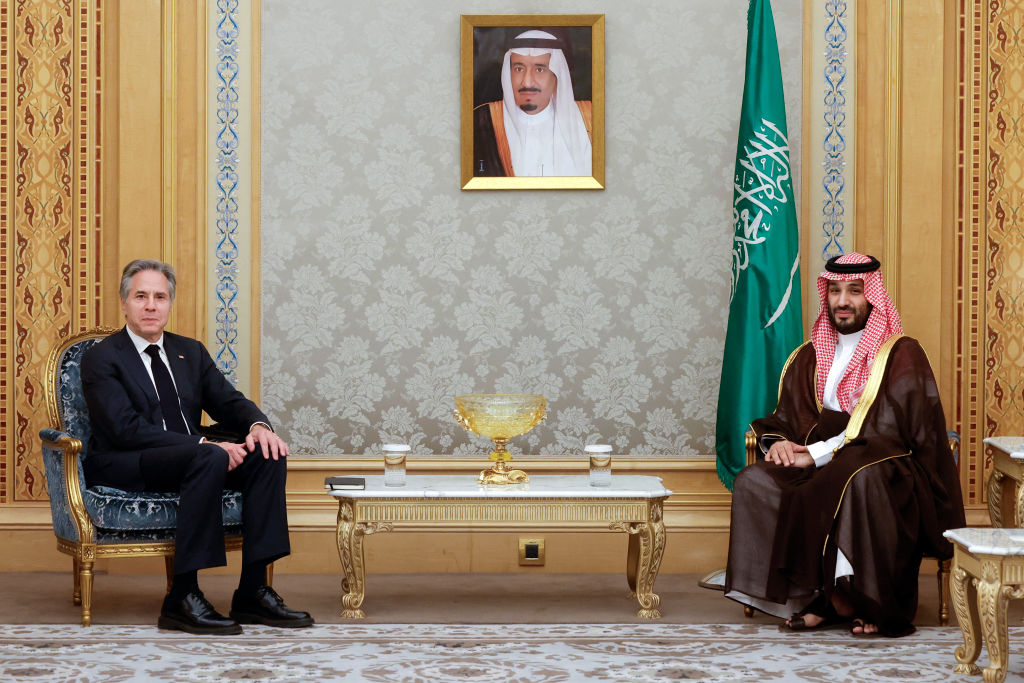







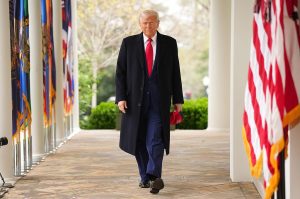

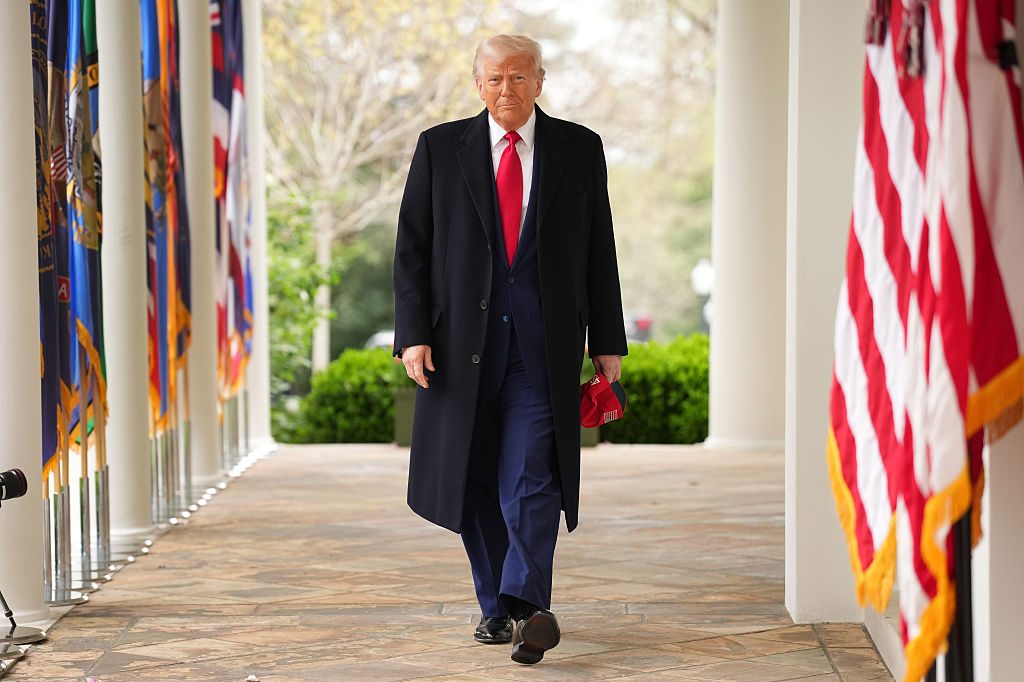
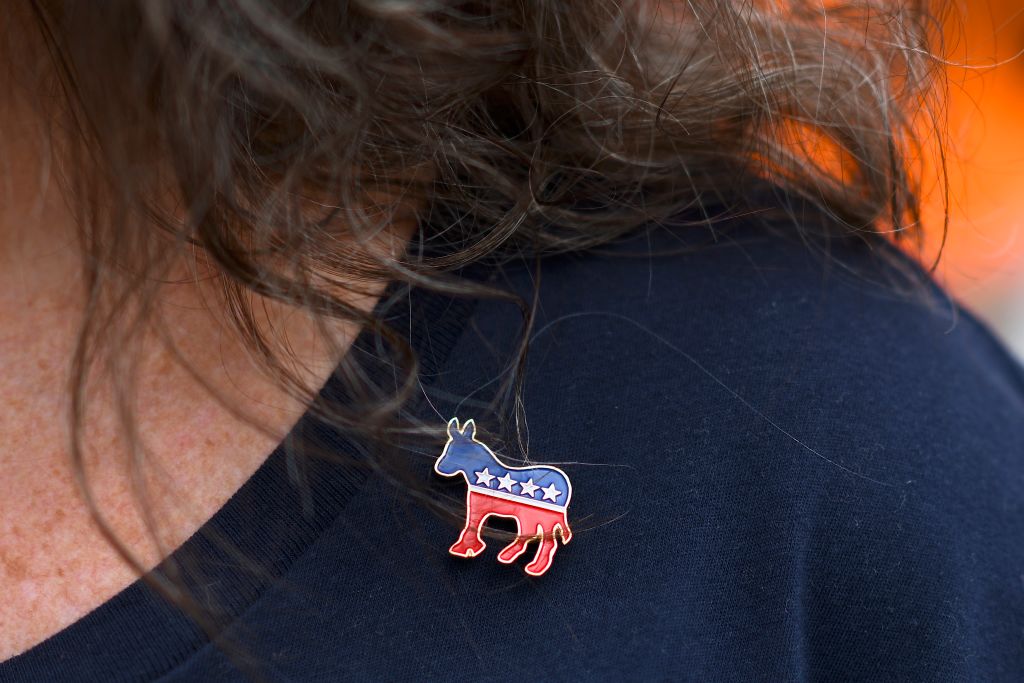


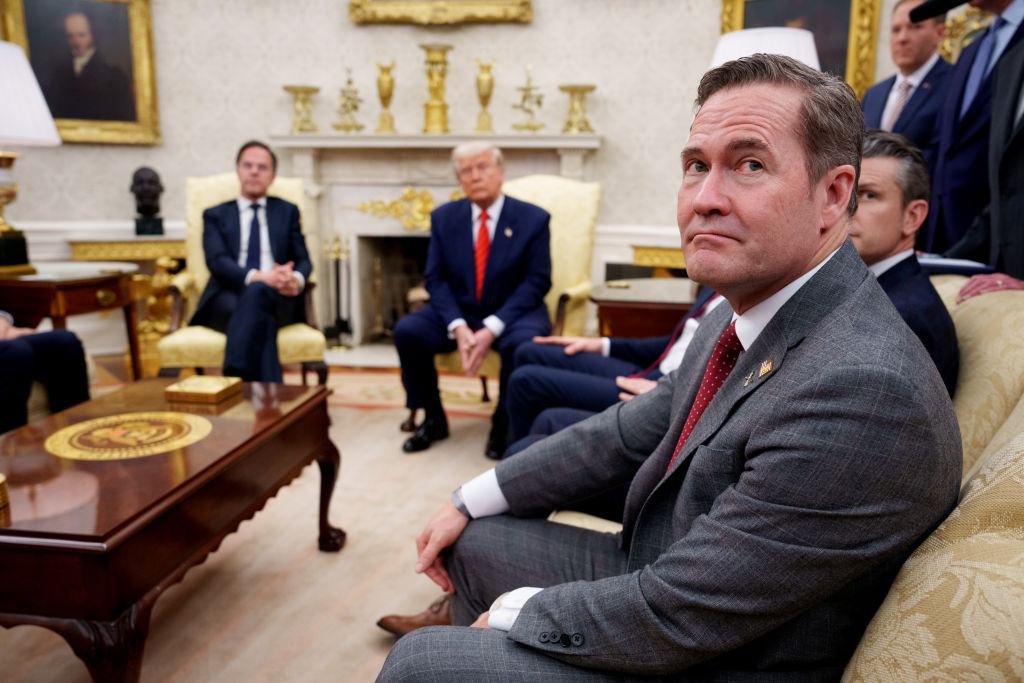








Leave a Reply